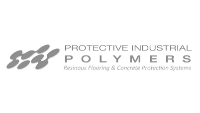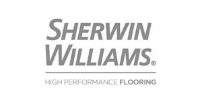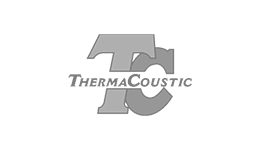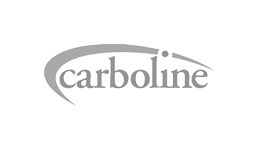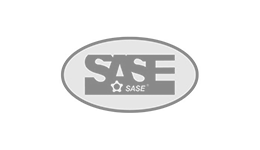Massachusetts Services
Cellular Concrete
Specialized cellular concrete applications for stronger and lighter results. On-site services include thorough quality control to meet job specifications, budget limitations, and expectations.
Massachusetts Services
Specialized cellular concrete applications for stronger and lighter results. On-site services include thorough quality control to meet job specifications, budget limitations, and expectations.
34 Newark St
Haverhill, MA 01832
Phone: (978) 374-6434
Hours: 8:00 AM - 5:00 PM EST
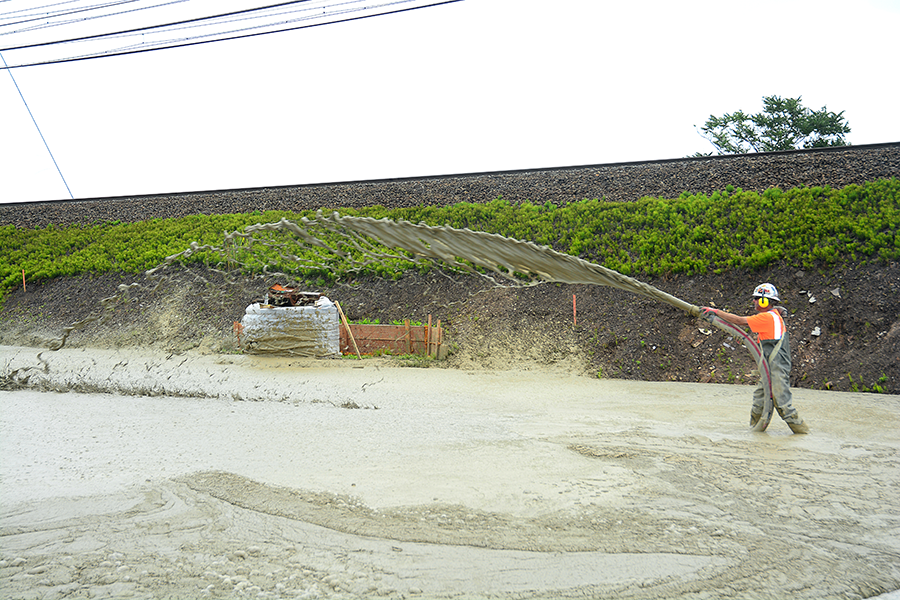
Our team in Massachusetts has been proudly serving the community since 1982. We excel at providing building solutions for multifamily and commercial properties. Our professional and premium flooring, insulation, and fireproofing solutions use premium-grade materials for high-quality results. Trust your next project to our team at Structis.
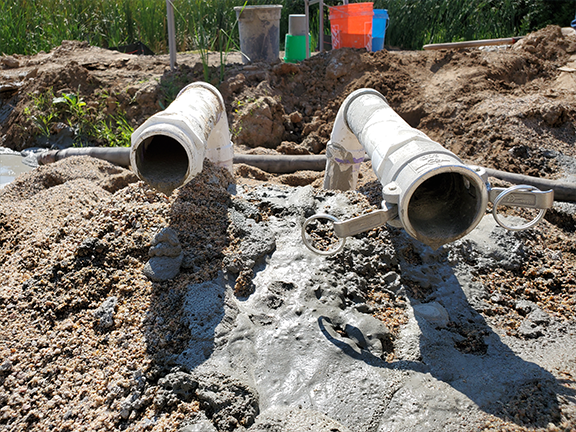
Structis specializes in cellular concrete applications including load-reducing backfills, soil stabilization, annular space grouting, retaining wall backfill, lightweight fills and much more.
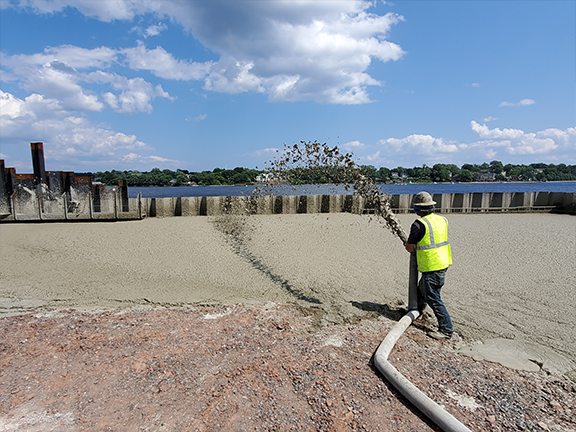
Lightweight cellular concrete is concrete made with Portland cement, water, and preformed foam air bubbles to form a lightweight fill material. Lightweight cellular concrete has many uses and benefits. Cellular concrete is often chosen for its thermal and insulative properties, and ease of placing due to its lightweight design, pumpability, and flowability. LCC is also as a cost-effective alternative to traditional fill material in certain applications.
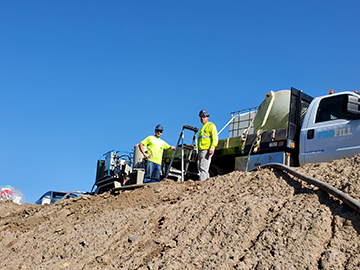
The safety and health of our employees and clients are of the utmost importance to Structis. Our company complies with all applicable OSHA workplace safety and health requirements while maintaining occupational safety and health standards that comply with the best practices in the industry.
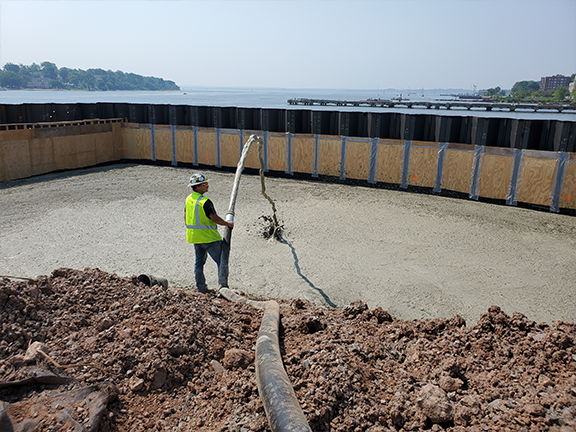
Gave us the best quote. Very impressed by their attentiveness and professionalism. They did a great job putting spray foam in our challenging, unique renovation project. Wouldn’t hesitate for a second to hire them again and will be doing so in the future.
Jesse arrived on time and listened to what I had to stay and was patient. Jesse was able to provide me with bids for multiple properties that were reasonable and honest. In fact, I had casually mentioned additional work that was needing to be done upon following the waterproofing, IE landscaping, concrete, etc. He incorporated those services into his bid at a very affordable rate. Needless to say, he was awarded both jobs. Structis has delivered as promised, in a timely fashion. The craftmanship, communication, job site etiquette and professionalism make Structis stand out above the rest. I’m hoping this is the beginning of a long-standing business relationship.
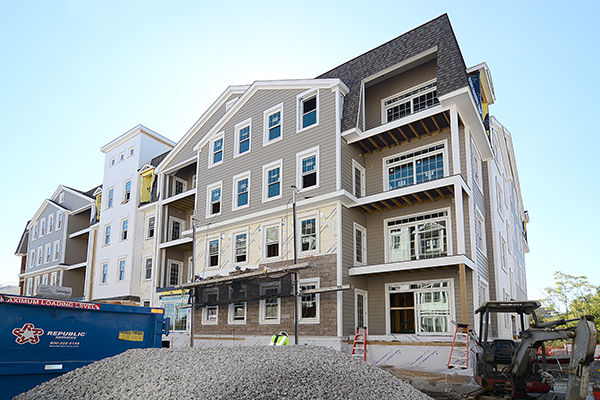
1 1/2 Maxxon® Multifamily 2000
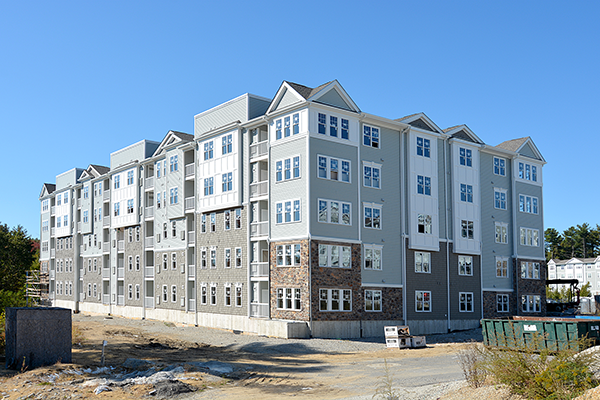
Maxxon® Multifamily 2000 and ¼ Maxxon® Acousti-Mat® Premium
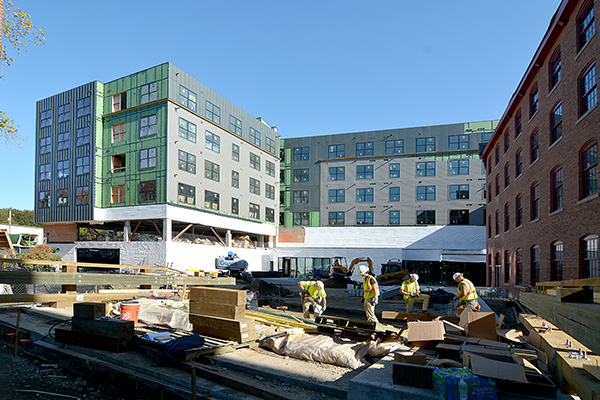
Building B – 3/4 Mat 1.5″ Pour, Building A – 1/4 Premium Mat 3/4 Pour with Fibers
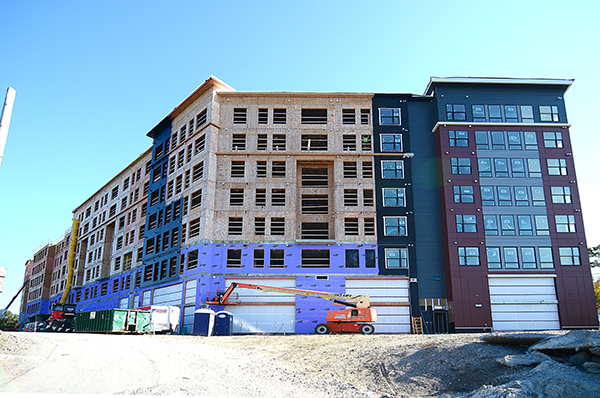
¼ Mat 1″ Maxxon® Multifamily 2000
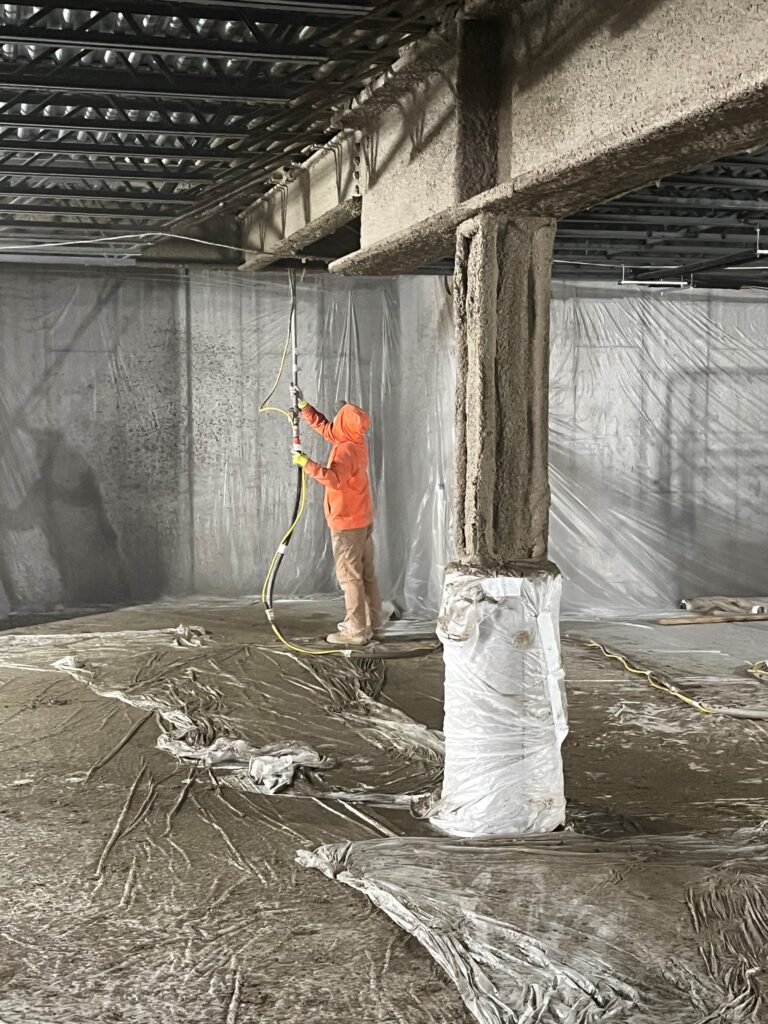
Fireproofing 300 bags of 7GP
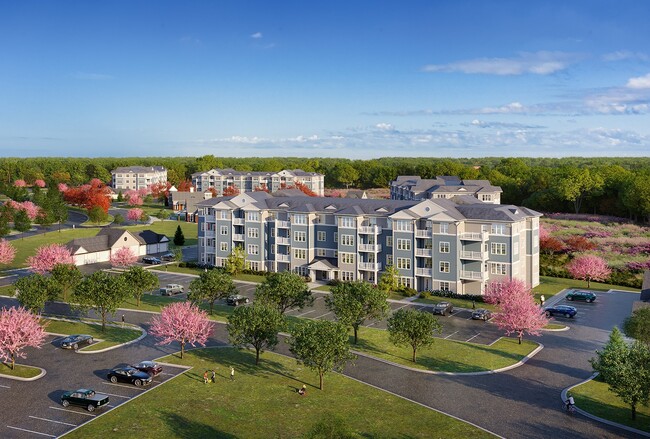
Maxxon® Multifamily 2000 (6,000 bags) 32,000 per building (6) Maxxon® ¼ Acousti-Mat® Premium
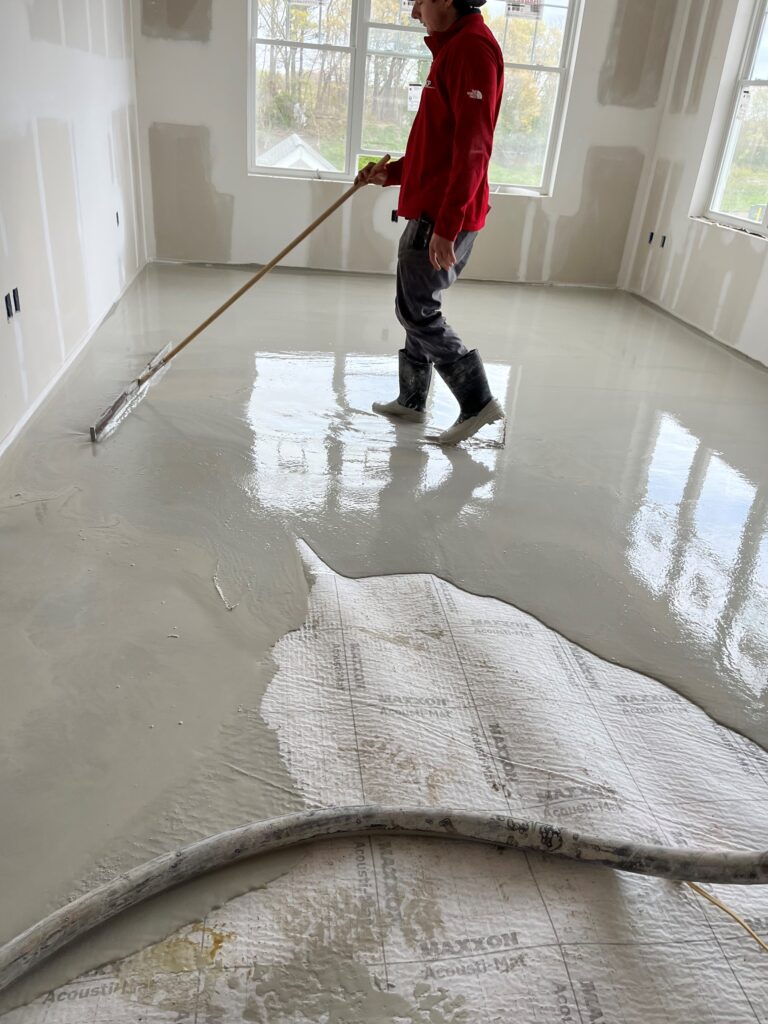
Maxxon® Multifamily 2000 (2,500 bags) 72,000 sq. ft. ¼ Maxxon® Acousti-Mat® Premium

Fireproofing 1,700 gallons of fire film intumescent paint 800 gallons of Thermo-Sorb 263 5GP (3,200 bags) Maxxon® Multifamily 2000 (8,500 bags)
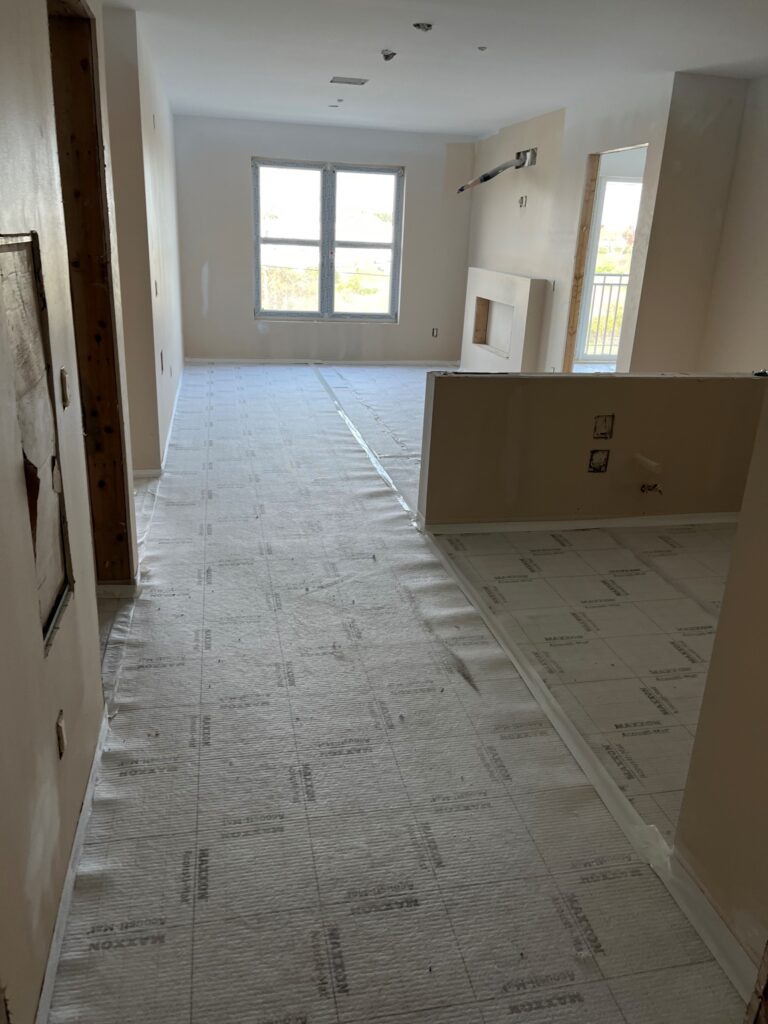
Maxxon® Multifamily 2000 (1,500 bags) 35,000 Sq. Ft. ¼ Maxxon® Acousti-Mat® Premium
Cellular concrete is a type of concrete that is made using Portland Cement, water, and a preformed foam. The foam is combined with the cement slurry using a static mixer. The resulting concrete is lightweight, very flowable, and stable with virtually no bleed water.
In order to create the proper cellular concrete mixture, foam liquid concentrate is run through a foam generator, which combines air, water, and the concentrate to create a preformed foam (air) bubble. These small, highly-stable air bubbles are mixed with a cement slurry through inline-injection, and pumped via a hose to the fill location.
The main value proposition of cellular concrete is that it can be used in a variety of applications where a strong, lightweight fill material is required such as slope stability fills, annular space fills, and abandonment applications. It is also used for bridge abutment and retaining wall backfill.
Cellular concrete has a much lower density than traditional granular fills. Standard granular fill has a density of approximately 120 pounds per cubic foot (PCF) whereas the most common cellular concrete applications are in the 30 PCF range. Cellular concrete should be viewed as a soil replacement when considering strength. Even at its lightest density, cellular concrete is stronger and more durable than the best compacted soils. Common applications of cellular concrete yield a bearing capacity of over 14,000 pounds per square foot (PSF).
There are several benefits and advantages of using cellular concrete as a solution on your next project. Cellular concrete has these properties and benefits:
The first step to exceptional services is getting in touch.
